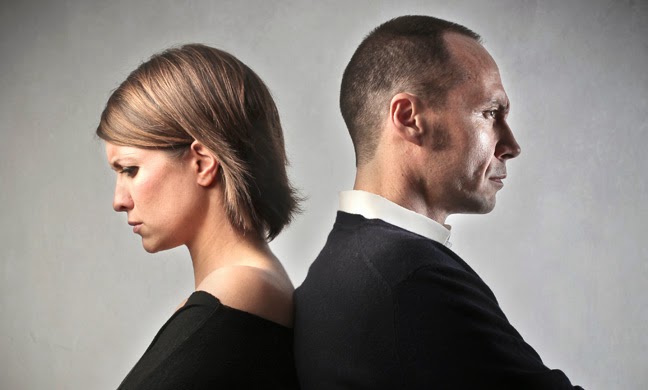Why is it so important to us that one be right, the other wrong? Why is it either/or? Is it possible that neither is right—or wrong—and we just see things differently? Usually, in the heat of the moment we are unable to be this reflective, because our emotional selves have pushed our intellectual selves into the back seat.
A wise friend of mine once told me to always take the high road, which doesn’t mean you’re admitting to being wrong, but rather you are taking the initiative in choosing to agree to disagree. Now, I know what you are thinking: What if they are truly wrong? Well, they may or may not be, but until the other person has a sudden burst of insight, it is a waste of energy to continue the debate.
Being reflective in the heat of the moment is difficult, perhaps even impossible. So, after you have shared your point of view, and the recipient wants to continue rehashing or debating, simply take the high road by saying, “We can agree on at least one thing—we both have different perspectives, so let me reflect on yours."
I am not suggesting that this will resolve all difficult discourse, but I know one thing for sure, taking the high road will change the subject. Give it a try.
For Reflections on Nursing Leadership (RNL), published by the Honor Society of Nursing, Sigma Theta Tau International. Comments are moderated. Those that promote products or services will not be posted.

